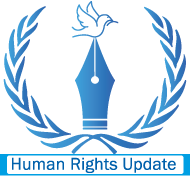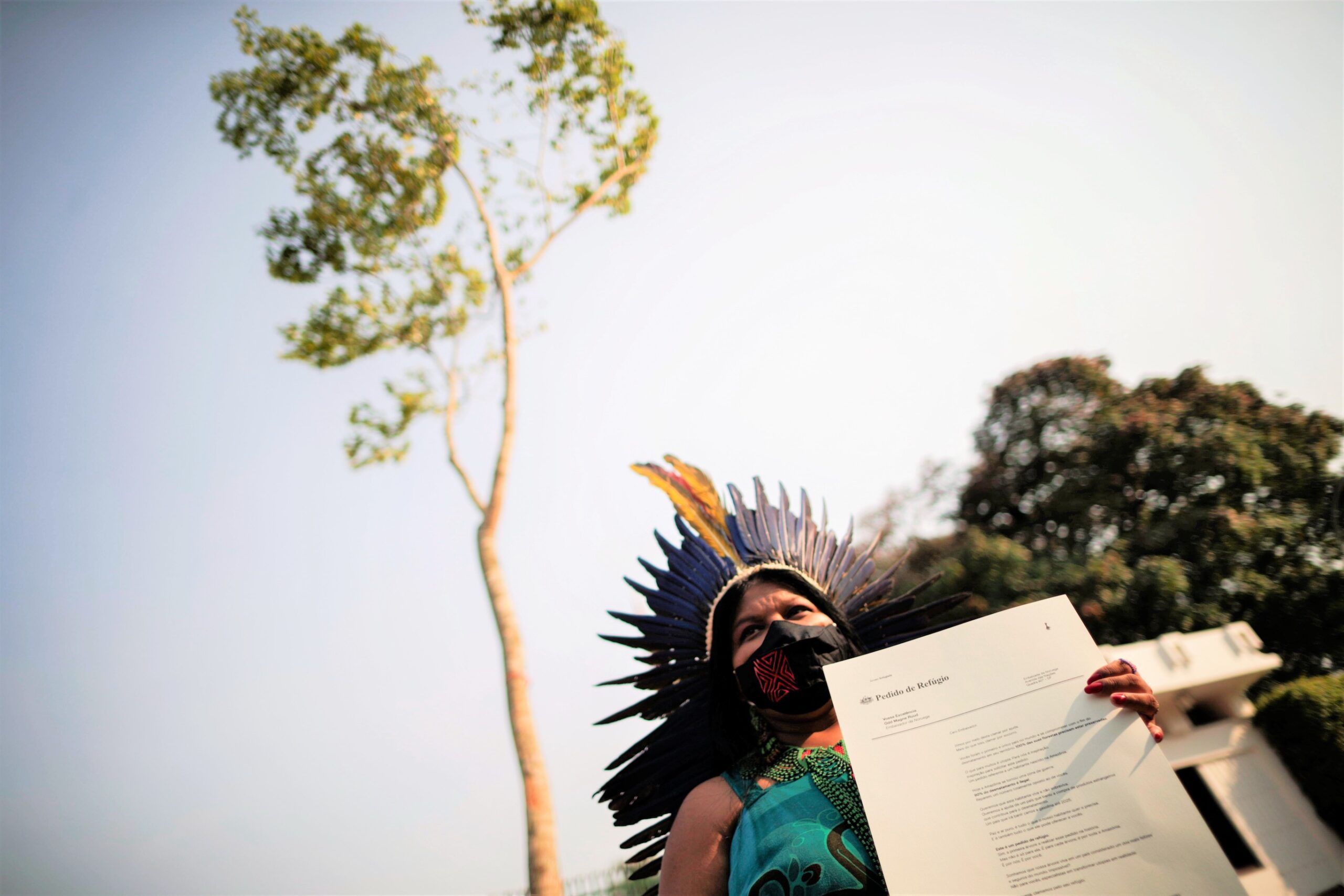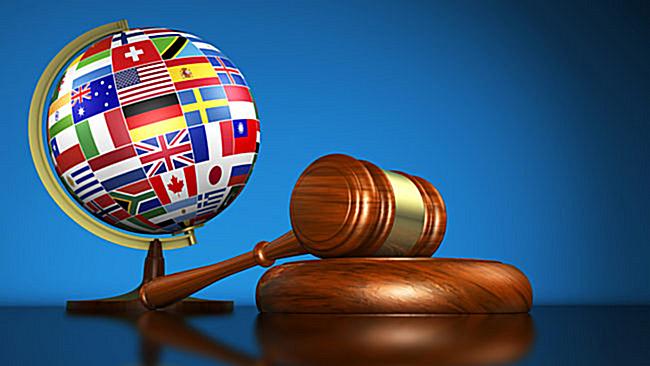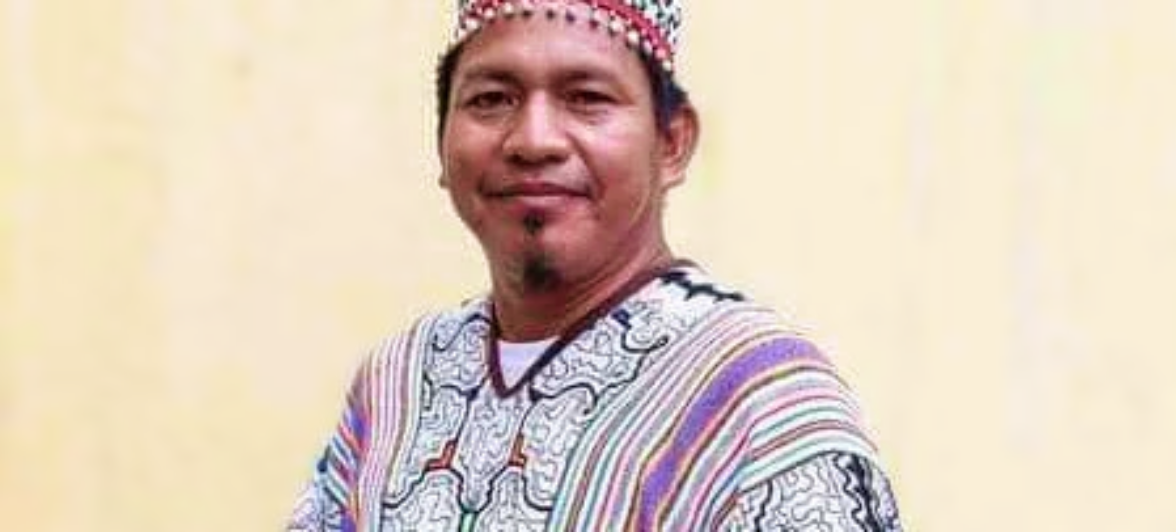In a concerning move, the Bangladesh Telecommunication Regulatory Commission (BTRC) has allegedly “instructed” telecom operators to suspend 3G-4G services in the capital city, Nayapaltan, during the opposition Bangladesh Nationalist Party (BNP) convention. The decision, which occurred at 12 noon, effectively cut off internet access for activists, media workers, and residents in the area. This action is being viewed as a grave violation of basic human rights, sparking outrage among civil rights advocates both within the country and internationally.
The government’s use of technology to suppress opposition parties and curb dissent has raised serious concerns about the state of human rights in Bangladesh. Critics argue that the ruling Awami League government has been systematically harassing ordinary citizens, opposition party leaders, journalists, and human rights activists. The suspension of internet services during public gatherings, including the BNP’s mass gathering, has become an unfortunate pattern, indicating a deliberate attempt to stifle freedom of expression and impede democratic processes.
Adding to the complexity of the situation, the ruling Awami League government reportedly organized a so-called “peace rally” in Dhaka on the same day as the BNP’s convention in an apparent bid to undermine the opposition’s efforts. Notably, whenever the BNP schedules a rally, the Awami League seems to conveniently organize a counter-rally on the same day, raising suspicions of government-backed tactics to foil opposition activities.
In response to the government’s actions, the BNP has accused the ruling party of employing various conspiracies to thwart their political program. Security forces have allegedly been involved in arbitrary arrests and harassment of BNP leaders and workers who participated in the convention, further exacerbating concerns about human rights abuses.
The international community has also expressed its apprehension over these developments, urging the Bangladeshi government to respect and uphold fundamental human rights, including the right to freedom of expression and assembly. Human rights organizations have called for an immediate end to the restriction of internet services during public events and urged the authorities to allow peaceful political gatherings without interference.
The situation in Bangladesh demands urgent attention from both domestic and international stakeholders to address the apparent human rights violations. As the government’s actions continue to draw scrutiny, civil rights advocates worldwide are keeping a close watch on the unfolding events and urging the authorities to ensure the protection of human rights for all citizens, regardless of their political affiliations.






